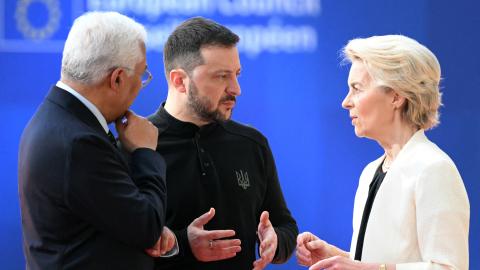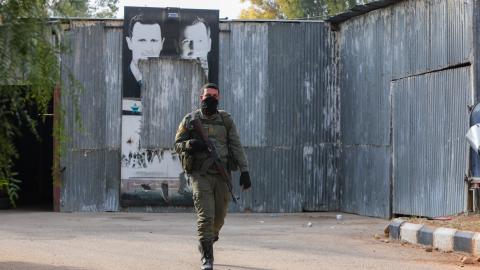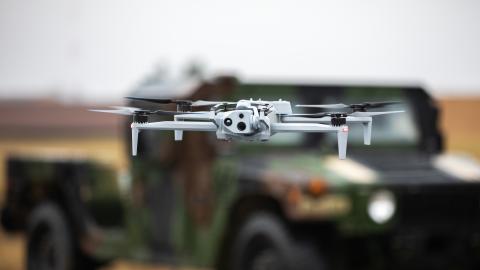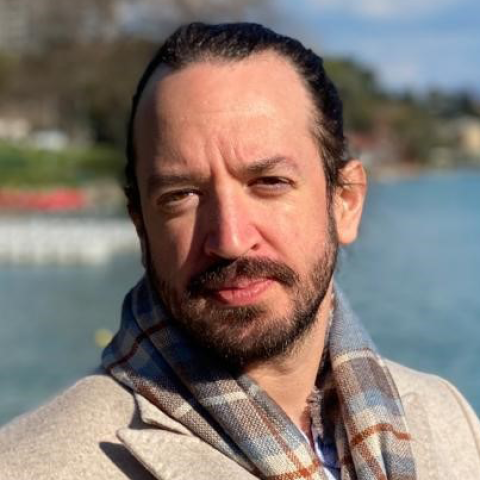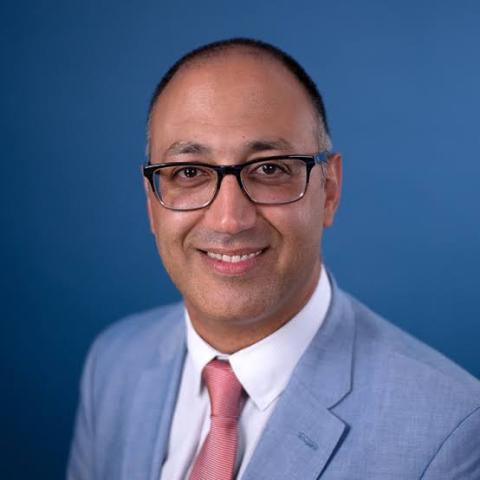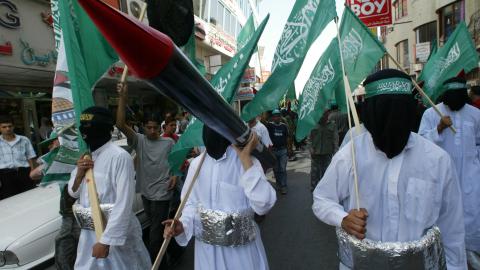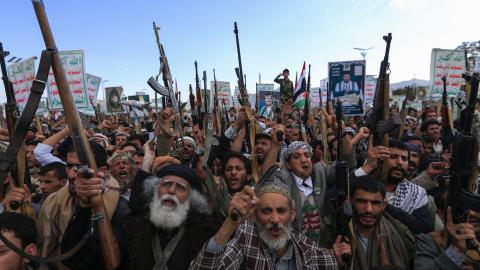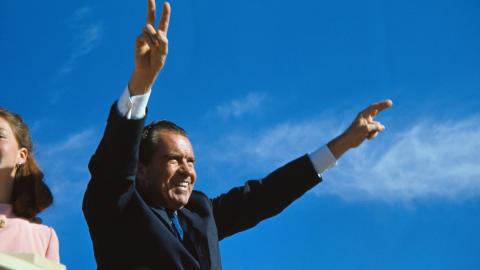
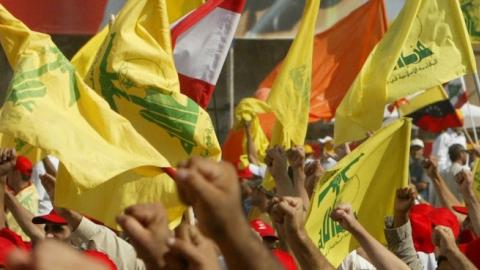

Senior Fellow Bryan Clark will sit down for a fireside chat with AeroVironment Chairman, President, and Chief Executive Officer Wahid Nawabi about how the US military can realize these opportunities in autonomous systems.


With global threats to freedom on the rise and America’s security commitments growing uncertain, join Luke Coffey and a panel of Baltic security experts for a discussion on the future of US-Baltic relations in the second Trump administration.
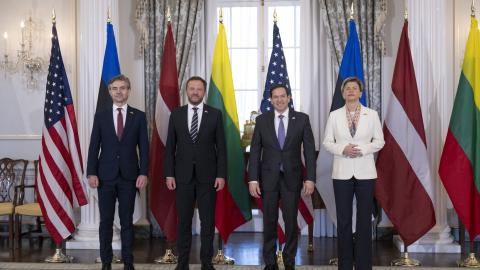
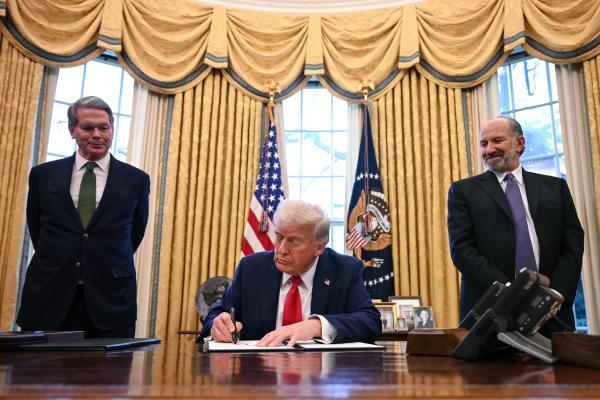
Join Hudson’s Mario Mancuso, William Chou, and Thomas Duesterberg for a discussion about the Trump administration’s recently announced America First Investment Policy.
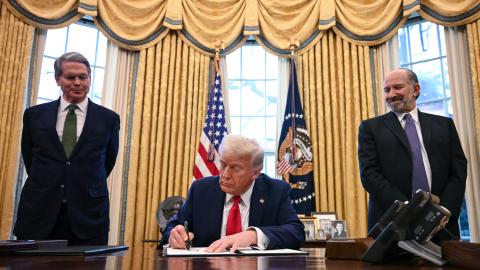

Join Hudson for a discussion on European Union and United Kingdom competition and regulatory authorities’ increasing focus on digital platforms.


